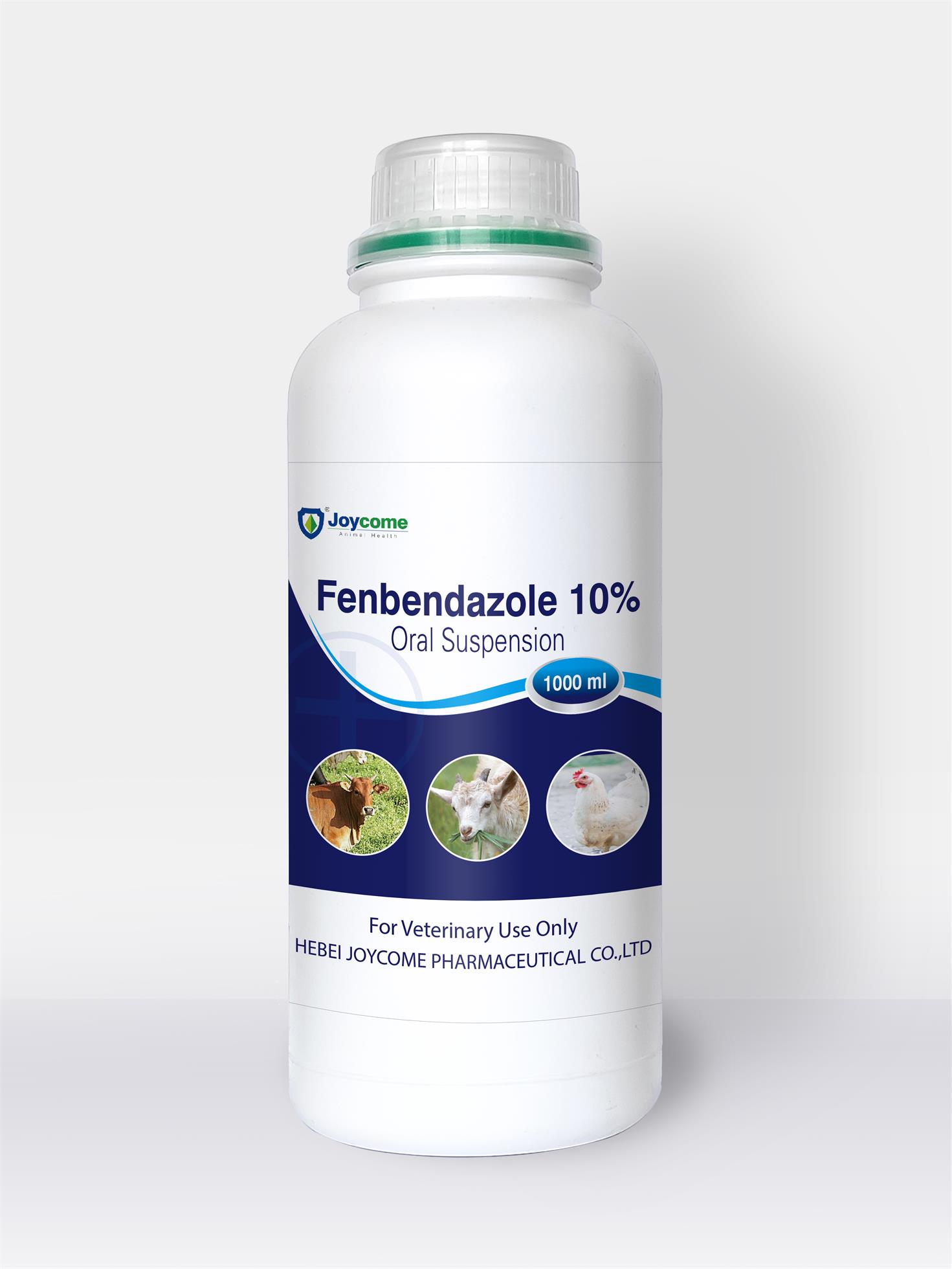What is Fenben?
Fenben, also known as fenbendazole, is a broad-spectrum anthelmintic medication primarily used for the treatment of parasitic infections in animals. It is most commonly administered to dogs, cats, and livestock to combat a wide range of gastrointestinal parasites, such as worms, hookworms, and roundworms. Its effectiveness in eliminating these parasites has made it a staple in veterinary practices worldwide. Fenbendazole works by inhibiting the ability of the parasites to absorb glucose, essentially starving them and leading to their eventual death.
How Does Fenben Work?
Fenbendazole operates by targeting the parasite’s microtubules, which are essential for their cellular structure and function. By disrupting the formation of these microtubules, the medication impairs the parasite’s ability to reproduce and perform essential biological processes. As a result, the parasites are unable to survive in the host’s body and are gradually expelled through the digestive system. Fenbendazole’s action on parasites makes it an ideal treatment for various gastrointestinal infestations, promoting the overall health of the host animal.
Applications of Fenben in Veterinary Care
Fenbendazole is commonly used in veterinary care for the treatment of multiple parasitic infections, including those caused by nematodes, tapeworms, and some protozoa. Its versatility makes it an essential tool for pet owners and farmers alike. In addition to treating gastrointestinal worms, Fenbendazole is also effective against lungworms and some types of external parasites. It is often used as part of a deworming regimen to ensure the health and well-being of animals, preventing the potential spread of parasites to humans and other animals.
Fenben in Human Medicine
While Fenbendazole is primarily used for animals, there has been increasing interest in its potential use for human health. Research has shown that Fenbendazole may have anti-cancer properties, and some studies suggest that it could be a promising alternative treatment for certain types of cancer. Though this area of research is still in its early stages, Fenbendazole’s ability to target cellular microtubules could potentially have broader medical applications beyond parasitic infections. As such, it has attracted attention from researchers and alternative medicine practitioners seeking new ways to treat complex diseases.
Safety and Side Effects of Fenben
As with any medication, the use of Fenbendazole should be closely monitored to ensure the safety of the animal or person receiving it. In animals, side effects are generally rare, but they can include mild gastrointestinal upset, such as vomiting or diarrhea. Overdose or long-term use may lead to more serious complications, so it’s crucial to follow prescribed dosages carefully. In human applications, research on side effects is still limited, but it is important for individuals to consult healthcare professionals before considering its use as a treatment option. Always ensure that Fenbendazole is administered under the guidance of a licensed professional to prevent adverse effects.



